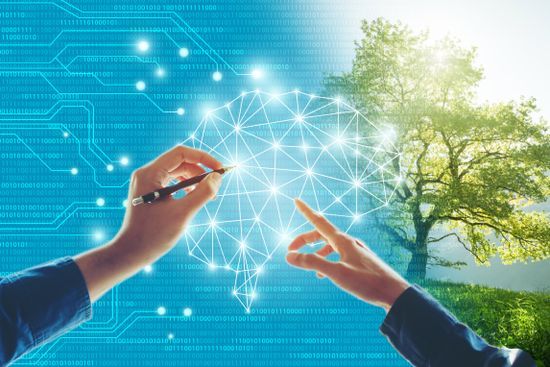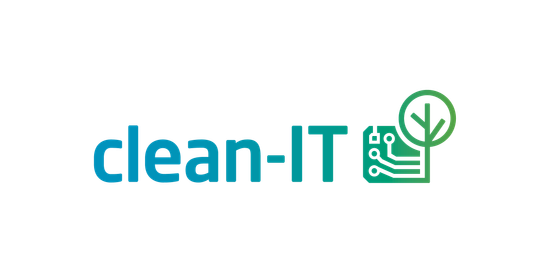
Digitalization is a game changer in the pursuit of a sustainable future. The latest digital technologies and applications like cloud, AI, and mobile devices enable us to achieve the Sustainable Development Goals and reduce carbon emissions in many sectors. Yet computer systems themselves have an immense energy requirement for their countless devices, data centers, applications and global networks. To effectively reduce the carbon footprint of digitalization, it is necessary to apply algorithmic efficiency and sustainability by design as guiding principles in digital engineering. The clean-IT Forum is the international platform to exchange ideas, recent research findings and applications to make digital technologies more energy-efficient.
Language: English
Course information
--clean-IT: Towards Sustainable Digital Technologies is being offered on openHPI.--
The clean-IT Forum is an open platform for stakeholders in academia, IT industry, NGOs and policy leaders to exchange ideas about how to effectively reduce the energy requirements of digital technologies following the guiding principles "algorithmic efficiency" and "sustainability by design" in digital engineering. Due to their immateriality computer systems and software appear to be clean services and applications. However, every digital action requires energy. The use of digital technologies has increased exponentially over the last couple of decades and therefore also its energy requirements - this is especially true for such popular applications as cloud, artificial intelligence and media streaming.
To reduce energy requirements of computer systems it is necessary to ...
- Raise awareness about the energy footprint of computer systems
- Find feasible methods to measure the energy consumption of computer systems and software
- Take the trade-off between performance and energy consumption into account when creating computer systems
- Establish algorithmic efficiency and sustainability by design as guiding principles in digital engineering
- Rethink IT architectures and algorithms
- Apply clean-IT solutions on a broad scale in popular services and products
The clean-IT Forum will shed light on all of the aforementioned steps and present clean-IT solutions from research and application in very different domains of digital technologies by supporters of the clean-IT initiative:
- Digitalization and Climate
- Energy-efficient Algorithms and Databases
- Energy-efficient Data Centers
- Clean AI
The clean-IT Forum is open for everyone. If you want to share your clean-IT insight or solution, let us know and get started!
Course contents
External course
This course is not running on openSAP, but on an external learning platform. When following the link to this featured course, you will leave the openSAP website. You might need an dedicated user account on the external platform to be able to enroll to the course.
Go to external courseThis course is offered by

The clean-IT Initiative was founded in 2020 by Hasso Plattner Institute for Digital Engineering to fight the exponential growth of carbon emissions caused by the widespread use of digital technologies on a global scale. The initiative aims to significantly reduce energy requirements of computer systems by applying algorithmic efficiency and sustainability by design as leading paradigms in the development of new computer systems and applications, such as next-gen data center, AI, media streaming and more. The scope of the international clean-IT movement ranges from raising awareness of the carbon footprint of computer systems to basic and applied research regarding energy-efficient IT infrastructures and services. It further encompasses the implementation of clean-IT solutions by major IT companies on a global scale. The clean-IT Initiative is a global and open network of academic institutions, IT industry and stakeholders from society and politics. Partners of the initiative publish information on the current state of energy-efficient digitalization and the latest clean-IT solutions, in addition to making policy recommendations.